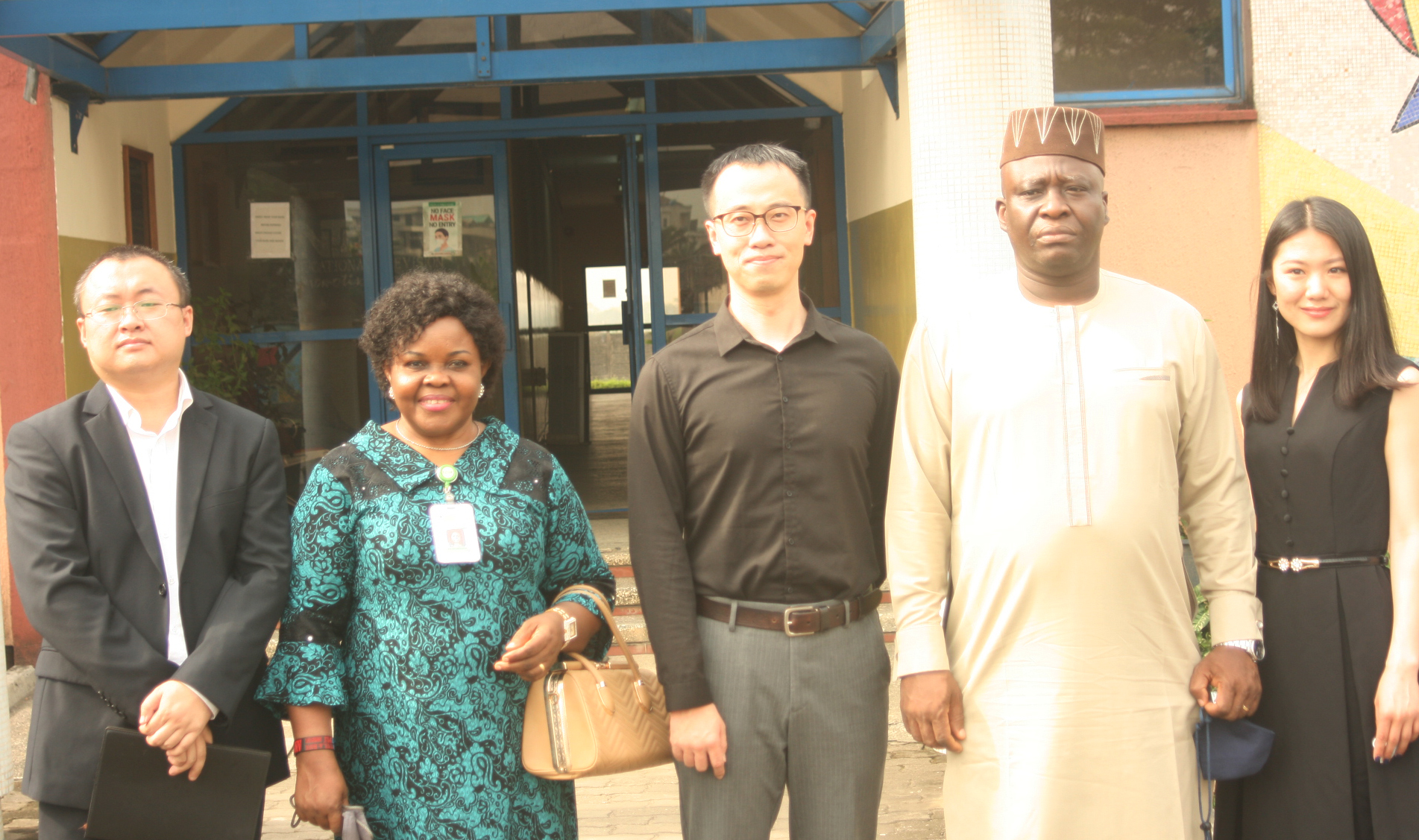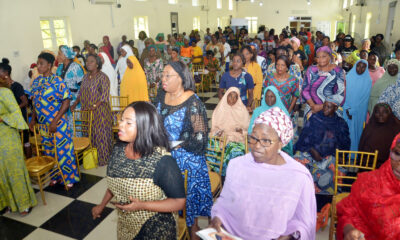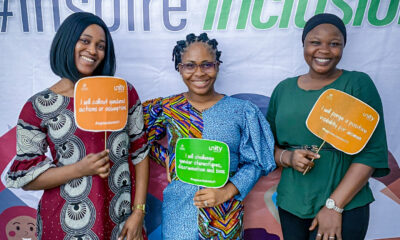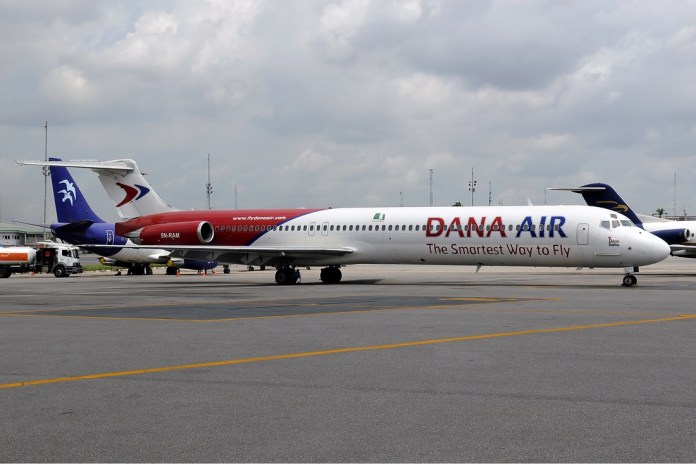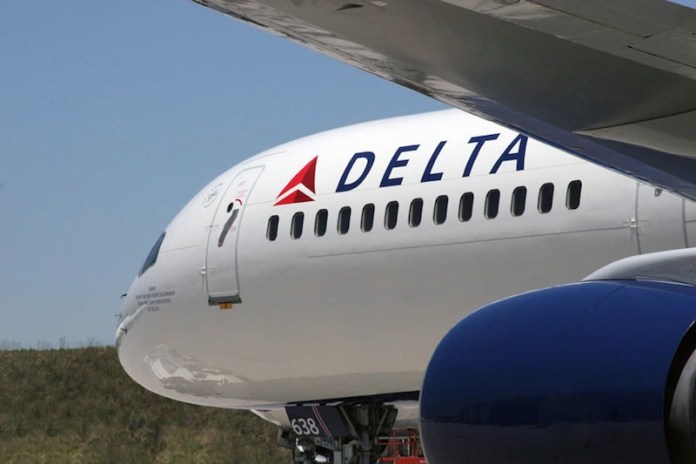In preparation to fully transit Lagos from analogue to digital terrestrial broadcasting on April 29, the Acting Director-General of the National Broadcasting Commission, Prof. Armstrong Idachaba has commended ITS Ltd and their partners, StarTimes, for putting in place the required transmitters.
Speaking after an inspection tour of digital transmitters at NTA Station, Channel 10, Tejuosho, Lagos on Friday, Idachaba said that the country hopes to have completed the digital rollout by 2022.
He said, “Nigeria has taken a decision that we are continuing with the transition from analogue to digital broadcasting. The journey practically began in 2016 with the pilot rollout in Jos. And a few years after, we have gone into phase two. Under phase two, Lagos, Port Harcourt and other cities will be switched on to digital TV. We are going to many other cities and following the rollout time table, we hope that by the end of 2022, we would have completed the digital rollout in Nigeria.
“This visit to the NTA premises in Tejuosho is in furtherance of this objective. We are glad that ITS Ltd has already installed DVB2 technology. We have seen that the installed capacity for DTT transmission is very high. I acknowledge the role of their partners, StarTimes and I think that between NTA and StarTimes, there is a great combined effort to ensure that the rollout happens in Lagos and other cities in Nigeria quickly.
“This inspection is reassuring. It means that we have the technical and infrastructural capabilities, and are ready to kick off in Lagos on April 29.
On the availability of set-up boxes, the DG said that thirteen indigenous companies have been licensed to produce set-top boxes “because we believe that that is also another strategy to transfer technology and create opportunities for manufacturing within the Nigerian market.”
“Digital Switch Over is a revolution and it is also capital-intensive. All over the world, from America to the UK and many developed and emerging economies, the cost is massive. The federal government has also decided that the project itself, seeing how viable it is can also be self-sustained. So we are hoping that some of the component players will be able to go forward to generate their own funds to sustain the rollout but one must also acknowledge that the government has assisted greatly. Recently, the federal government approved N9.4billion for NBC to facilitate the DSO drive.
Also speaking, Alex Jian, Acting CEO, NTA-Star TV Network, said the company’s technical team is ready to support the nation in transiting fully to digital TV.
“The NBC DG has a big strategy for DSO and NTA-StarTimes will cooperate very well with ITS Ltd to support this project. Our technical team is ready. We have already prepared ourselves for this switch over all over the country.”
On StarTimes’ plan to make digital-TV more accessible to Nigerians, Alex said.
“Our mission is to provide affordable digital service nationwide. So we are providing affordable decoders and our bouquets are much more affordable. On our coverage, we have more than 60 base stations nationwide. In some base stations, we are losing money because there are a small population and few customers but we are still holding our position there. Our goal is to make everyone enjoy digital life.
“To make pay-TV more accessible, we have also created a pay-per-day module and we have implemented this for more than three years. People can pay per day to watch what they like; they don’t need to pay for the whole month because if they are not watching TV, it’s a waste of money. Therefore, our service is more affordable,” Alex said.



 Forex3 weeks ago
Forex3 weeks ago




 Naira2 weeks ago
Naira2 weeks ago
 Billionaire Watch2 weeks ago
Billionaire Watch2 weeks ago




 Naira2 weeks ago
Naira2 weeks ago




 Naira2 weeks ago
Naira2 weeks ago




 Naira1 week ago
Naira1 week ago




 Naira3 weeks ago
Naira3 weeks ago




 Naira4 weeks ago
Naira4 weeks ago
